In the global race for artificial intelligence, computing infrastructure is considered the crucial "foundation." At the AI4VN 2025 event, experts noted that Vietnam is facing challenges but also possesses many opportunities for breakthroughs.
Mr. Nguyen Hoang Hung, Director of Technology at Viettel AI, stated that leading global technology corporations such as Meta, Microsoft, and OpenAI have invested tens or hundreds of billions of USD to acquire millions of GPUs.
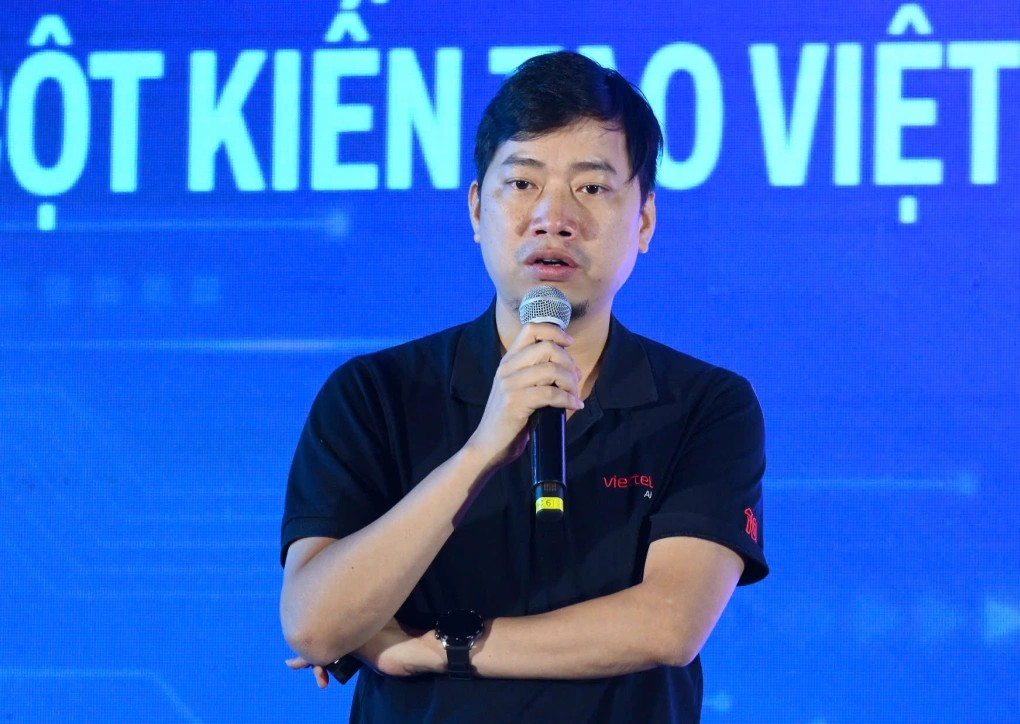
Training Meta's Llama 3 model required 30.84 million GPU hours – a workload that could take up to 55 years to accomplish using a small domestic server cluster. This figure highlights the enormous gap between Vietnam and the rest of the world in terms of infrastructure.
Meanwhile, Mr. Le Hong Viet, General Directorof FPT Smart Cloud, pointed out that the scale of Vietnam's data center market is still small and cannot yet compare with other countries in the region. Investment in AI is still modest, 56 times lower than the US and China, and even lower than Singapore.
The US is dominating the global AI landscape with 40 AI models and total private investment reaching $471 billion between 2013 and 2024. China is close behind with 15 high-quality models and leads in the number of patents, narrowing the gap in model quality.
Besides the investment gap, Vietnam also faces challenges such as a shortage of high-quality human resources, inadequate spending on R&D, and a legal framework for AI that is still under development.
However, Vietnam also has some noteworthy bright spots. A report by WIN (Worldwide Independent Network of Market Research) ranks Vietnam 6th out of 40 countries in terms of readiness for the AI era. The domestic AI ecosystem is rapidly heating up, with investment reaching $80 million in 2024, half a million technology workers, and a high AI adoption rate (42% of the population and 65% of small and medium-sized enterprises have already used it).
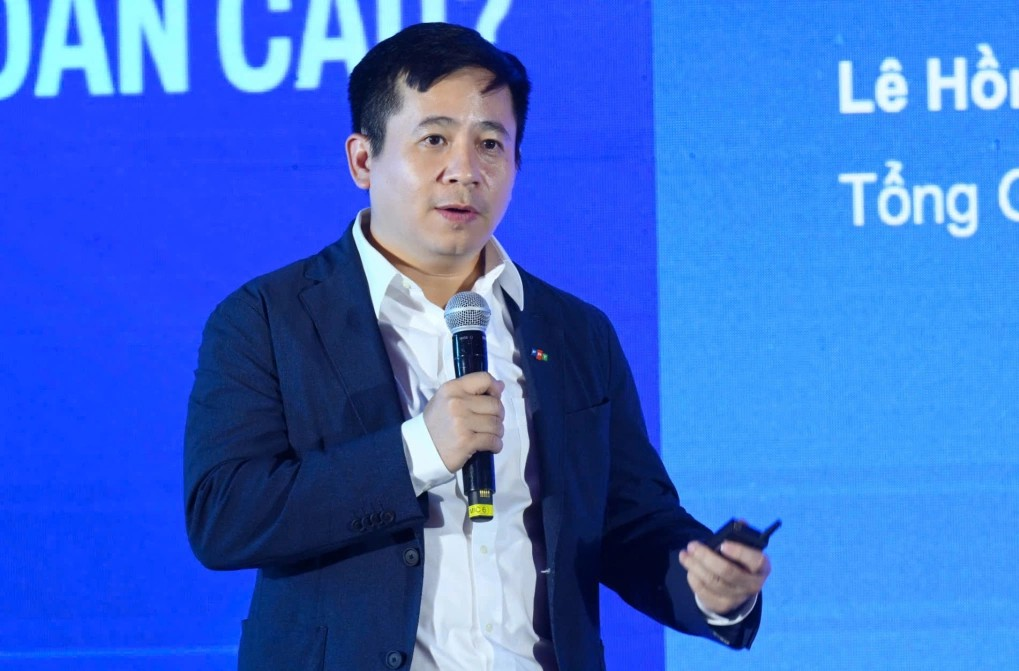
The government has set a target of placing Vietnam in the top 3 in Southeast Asia and top 50 globally in AI research by 2030. Domestic technology companies are proactively investing heavily with the view that "mastering AI infrastructure is not just a matter for businesses."
For example, Viettel currently operates 15 data centers, invests in top-of-the-line GPU systems such as Nvidia DGX SuperPOD, and builds a "Make in Vietnam" product ecosystem serving tens of millions of users.
Vietnamese businesses are also proactively and strongly applying AI Agents to change their operating methods. According to the FPT Smart Cloud leadership, more than 1,500 AI Agents have helped automate 46% of the customer service center's workload, increased revenue through telesales by 20%, and processed over 400 million documents annually with an accuracy rate of over 95%.
Mr. Le Hong Viet emphasized that Vietnam needs a "sovereign AI development" strategy to not only catch up but also lead the ASEAN region. The proposed 2025-2030 roadmap consists of three phases: foundation preparation, expansion, and aiming for regional leadership, focusing on four main pillars: people, digital infrastructure, products, and ecosystem.
Experts agree that infrastructure challenges are the driving force behind Vietnam's foray into its own path: leveraging competitive costs, a large young technology workforce, and proactive government support. If Vietnam perseveres with a well-planned investment strategy, it can narrow the gap with major powers and emerge as a new AI hub in the region.
Source: https://vietnamnet.vn/dau-tu-cho-ai-cua-viet-nam-kem-my-trung-quoc-56-lan-2446452.html








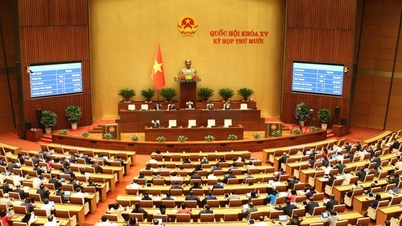


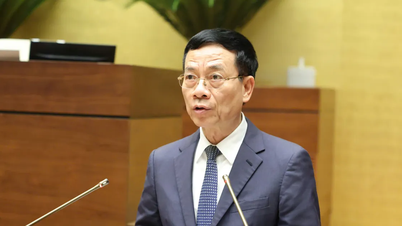

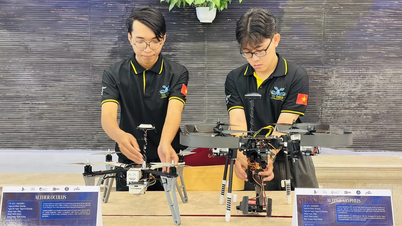
















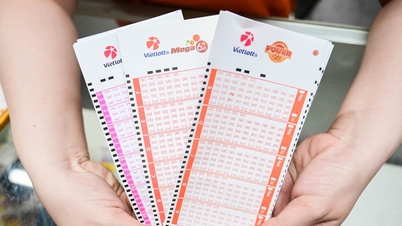


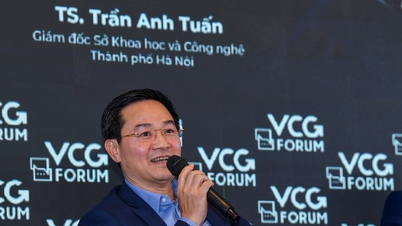





![[Video] The craft of making Dong Ho folk paintings has been inscribed by UNESCO on the List of Crafts in Need of Urgent Safeguarding.](https://vphoto.vietnam.vn/thumb/402x226/vietnam/resource/IMAGE/2025/12/10/1765350246533_tranh-dong-ho-734-jpg.webp)



































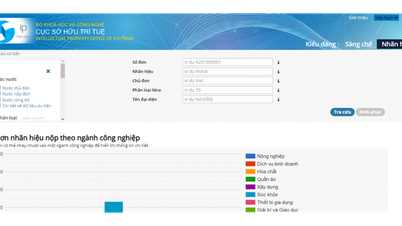

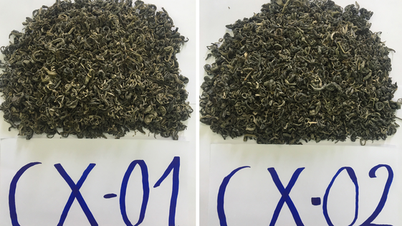





























Comment (0)